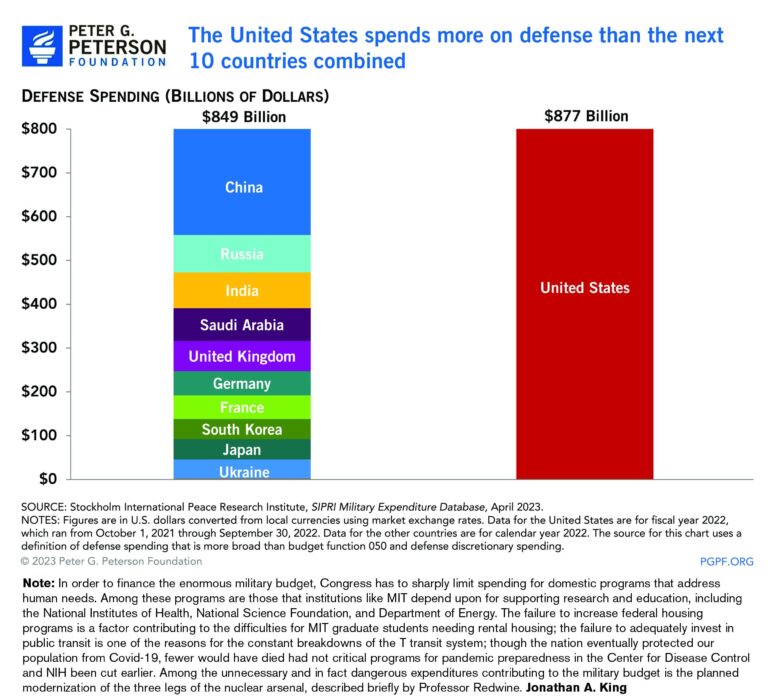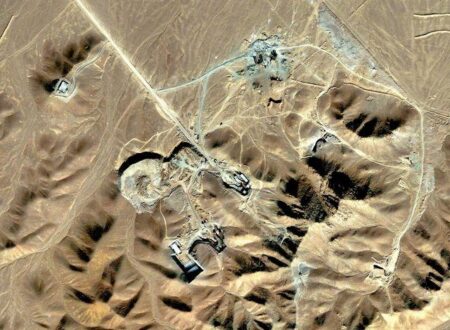Italy’s Military Budget increase: Navigating National Security and Public Sentiment
In a pivotal change to its defense strategy, Italy has declared a substantial rise in military funding, signaling an awareness of escalating geopolitical tensions across europe and a dedication to enhancing national security. This decision has ignited considerable opposition from various sectors within Italian society,including political factions,labor organizations,and grassroots movements. These groups are raising concerns about the prioritization of military spending over urgent domestic issues. As Italy grapples with the intricacies of global security while addressing internal challenges, this article explores the diverse ramifications of the increased defense budget and the responses it has elicited nationwide.
Italy’s Military budget Increase: Examining Domestic Issues and Strategic Repercussions
The notable rise in Italy’s defense budget is sparking an intricate dialogue within the country as it seeks to balance national security needs against pressing social concerns. Detractors contend that this heightened financial commitment favors military enhancement at the expense of vital public services like healthcare and education. In light of growing tensions in Europe and obligations to NATO, government officials advocate for increased investment by citing several critical factors driving this initiative:
- Geopolitical Stability: Ongoing conflicts in adjacent regions necessitate a strong military presence to protect national interests.
- Modernization Efforts: Upgrading capabilities is essential for adapting to contemporary technological advancements and strategic realities.
- NATO Commitments: Meeting alliance benchmarks for defense expenditure is crucial.
This expansion comes amidst rising domestic pressures; many Italians are questioning whether reallocating funds from social programs towards military expenditures is justified given their economic struggles. Recent surveys reveal increasing discontent among citizens who favor focusing on economic recovery rather than bolstering defense initiatives. A concise overview of public opinion illustrates contrasting priorities:
| Public Priority | % support |
|---|---|
| Enhancing Healthcare Services | 68% |
| Improving Educational Systems | 54% |
Reassessing National security: The Need for Transparent Defense Investments
The recent uptick in Italy’s defense spending has prompted significant scrutiny from both citizens and policymakers alike. As government officials advance their defense agenda, many are calling into question the openness surrounding these financial decisions.Proponents argue that taxpayers deserve clear insights into how their contributions are being utilized—especially given Italy’s ancient context where military budgets often overshadow critical domestic needs such as healthcare or education.
This environment calls for stakeholders to advocate for a thorough reassessment of how defense budgets are structured. Key arguments include:
- Civic Engagement: involving citizens in discussions regarding priorities related to defense spending.
- Adequate Benchmarking: Ensuring that investments align with both national objectives and local community needs.
- Tighter Oversight Mechanisms: Establishing independent entities tasked with monitoring expenditures effectively.
A promising strategy under consideration involves implementing detailed reporting frameworks that clarify allocations alongside anticipated outcomes—perhaps through transparent tables showcasing key projects along with projected costs versus benefits:
| Name of Project | Total Estimated Cost (€ million) | Potential Benefits | Navy fleet Modernization <td 500 <td Enhanced maritime safety <tr | Cybersecurity Improvements 300 Protection against cyber threats <tr | Cohesive Military Drills 150 Strengthened international partnerships |
|---|
| Strategy | Description |
|---|---|




